Tired of heavy, short-lived lead-acid batteries for your UPS? The constant replacement cycle costs time and money, creating a weak link in your critical power infrastructure.
Yes, lithium-ion batteries are revolutionizing UPS systems. They offer a much longer lifespan, lighter weight, faster charging, and a lower total cost of ownership, making them a superior choice for modern, critical applications from data centers to hospitals.
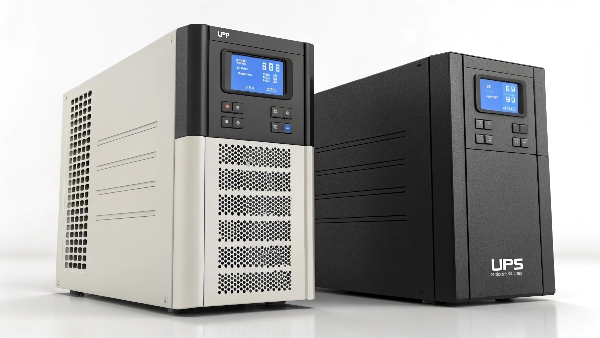
Transition Paragraph:
In my decade at Daopulse, I've seen a huge shift in the industry. For years, lead-acid was the only option. Now, clients like Mr. Li, a Procurement Manager for hospital projects, are constantly asking about lithium-ion. They see the benefits in their phones and electric cars and want to bring that same modern, reliable technology to their critical power systems. The truth is, the benefits are even more significant in a UPS.
Can Lithium-Ion Batteries Actually Be Used in a UPS?
You see lithium-ion technology everywhere, but you're unsure if it's truly reliable for a mission-critical UPS. Is it just a trend, or is it a proven, safe technology?
Absolutely. Lithium-ion batteries, especially the Lithium Iron Phosphate (LiFePO4) type, are now a preferred technology for modern UPS systems. They are specifically designed for this use, offering superior safety, stability, and performance compared to older battery types.
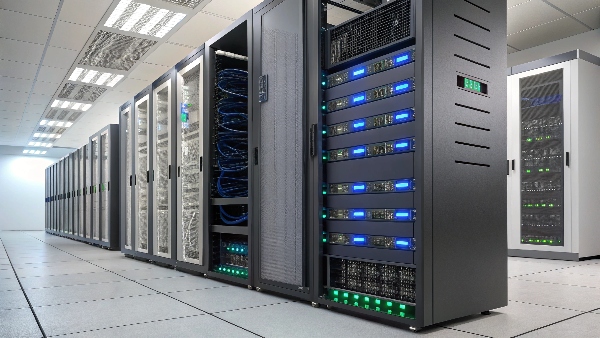
Dive deeper Paragraph:
Lithium-ion isn't just one thing; it's a family of chemistries. For UPS applications, we almost always use Lithium Iron Phosphate (LiFePO4)1. It's known for its incredible stability and safety, which is our number one priority. Unlike the batteries in your phone, LiFePO4 is much less prone to thermal runaway, making it perfect for the 24/7 demands of a UPS.
At Daopulse, when we design a lithium-ion UPS, we build the entire system around the battery. This includes a sophisticated Battery Management System (BMS)2. The BMS is the brain of the battery. It constantly monitors voltage, current, and temperature of every cell. It ensures the battery charges safely and discharges evenly, which is key to its long life and reliability. This is a massive leap from lead-acid technology, which has no such internal intelligence. It's not just a different battery; it's a smarter, more integrated power system.
Can I Just Replace a UPS Battery with Lithium-Ion?
Your lead-acid UPS battery is failing and you want to upgrade to a long-lasting lithium-ion model. Can you just buy a lithium battery and swap it in?
No, you must not replace a lead-acid battery with a lithium-ion one in a UPS not designed for it. Their charging requirements are fundamentally different. Doing so is a major safety risk and will likely damage the battery and the UPS.
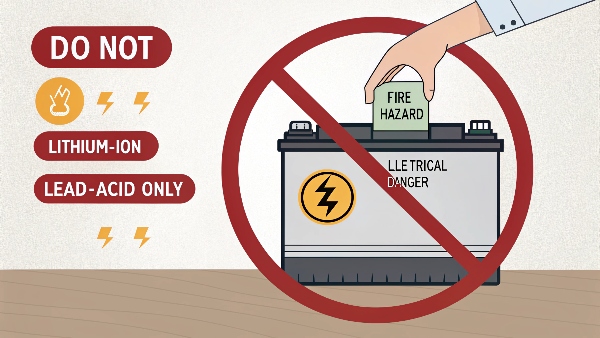
Dive deeper Paragraph:
This is the most critical safety warning I can give. A UPS designed for lead-acid batteries uses a charging method called "float charging." This provides a constant, low-level charge to keep the battery topped off. This method is perfect for lead-acid but is very harmful to a lithium-ion battery. It can cause overcharging, leading to permanent damage and creating a serious fire hazard.
A lithium-ion UPS uses a precise "Constant Current/Constant Voltage" (CC/CV) charging algorithm, which is controlled by the Battery Management System (BMS). The UPS and the BMS must be able to communicate. A standard lead-acid UPS has no idea how to talk to a BMS. As an OEM/ODM manufacturer, we design the UPS and its charging system to match the battery perfectly. For any procurement manager or system integrator, the rule is simple: only use lithium-ion batteries in a UPS that is explicitly designed and certified for them.
| Feature | Lead-Acid UPS Charging | Lithium-Ion UPS Charging |
|---|---|---|
| Method | Float/Trickle Charge | CC/CV (Constant Current/Voltage) |
| Control System | Basic Voltage Sensing | Advanced Battery Management System (BMS) |
| Safety Concern | Mismatch causes fire and damage. | System is designed for safe operation. |
Will Shipping Companies Like UPS Transport Lithium-Ion Batteries?
You need to deploy lithium-ion UPS systems globally for a project. You've heard that shipping regulations are a nightmare, and you're worried about getting stuck in customs.
Yes, carriers like UPS, FedEx, and DHL regularly ship lithium-ion batteries. However, they are classified as Dangerous Goods and require strict compliance with packaging, labeling, and documentation rules to ensure safe transit.
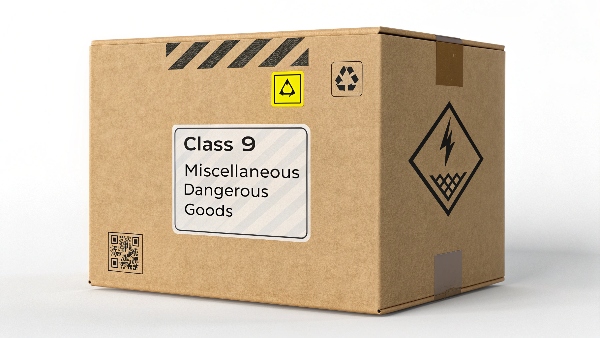
Dive deeper Paragraph:
This is a major pain point for our clients, and it's a problem we have solved. Lithium-ion batteries fall under "Class 9 Miscellaneous Dangerous Goods" for shipping. When shipping a complete UPS with the battery installed inside, it's typically classified under UN3481. This has specific rules, but they are manageable. The key is having a partner who knows exactly how to handle the logistics.
At Daopulse, we handle these global shipments every day. Our team ensures that every lithium-ion UPS unit is packaged in UN-certified boxes, has the correct labels, and is accompanied by the required Shipper's Declaration for Dangerous Goods. We ensure all our products meet international standards like CE and RoHS, which further smooths the customs process. By managing this complex compliance for our clients, we remove a major headache and potential source of delay, allowing them to focus on their project deployment. It's a key part of the value we provide as an OEM/ODM partner.
How Long Do Lithium-Ion UPS Batteries Actually Last?
You're tired of replacing lead-acid batteries every 3-5 years. The recurring cost and labor for replacement is a constant drain on your operations budget.
A high-quality lithium-ion (LiFePO4) UPS battery will last 8-10 years, or even longer. This is two to three times the lifespan of a typical lead-acid battery, drastically reducing your total cost of ownership.
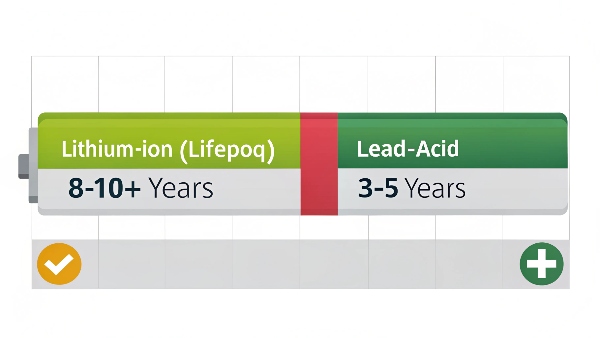
Dive deeper Paragraph:
The extended lifespan is the number one reason our clients are switching to lithium. A "set it and forget it" solution for a decade is incredibly attractive. But it's not just about lifespan. This is where my insight comes in: UPS with lithium batteries has a very long backup time. Because of their superior energy density, lithium batteries can store more energy in a smaller, lighter package. This means a 2U rackmount lithium UPS might offer the same runtime as a much heavier 4U lead-acid model, saving valuable rack space. Alternatively, for the same size, a lithium UPS can provide significantly more runtime. This allows system integrators to meet longer backup requirements without needing bulky external battery packs. It’s a win-win: longer life and better performance. This reduction in physical footprint and maintenance makes them ideal for modern, high-density environments like data centers and hospitals.
| Feature | VRLA Lead-Acid Battery | Lithium-Ion (LiFePO4) Battery |
|---|---|---|
| Typical Lifespan | 3-5 Years | 8-10+ Years |
| Weight | Heavy | ~50% Lighter |
| Runtime | Standard | Longer for the same size |
| Total Cost of Ownership | Higher (frequent replacement) | Significantly Lower |
Conclusion
Lithium-ion batteries offer a longer life, superior performance, and lower long-term costs. They are the clear choice for modern, reliable, and efficient uninterruptible power supply systems.

